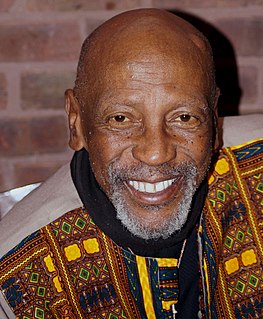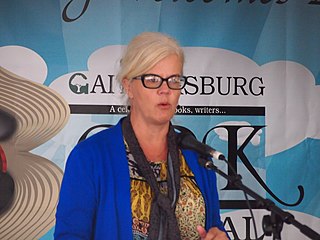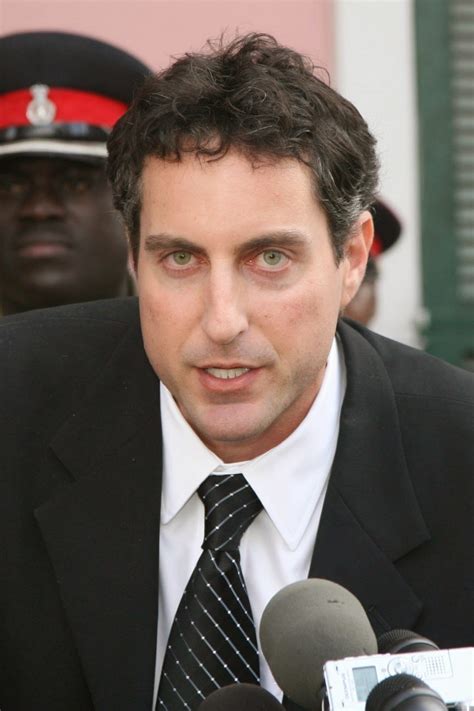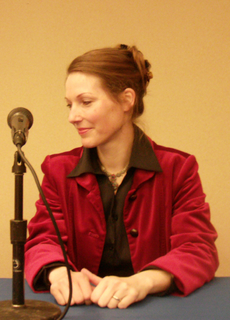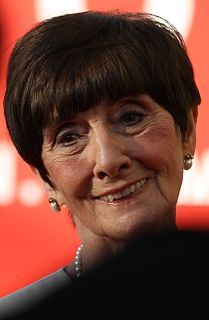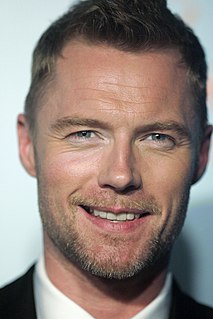A Quote by A'Lelia Bundles
Madam C.J. Walker was born in 1867, two years after the civil war ended. She was a daughter of a slave. She had no formal education. Both her parents died by the time she was seven. Yet, by the time she died in 1919 at age 51, she was one of the most successful businesswomen America had ever seen.
Related Quotes
After my mother died, I learned that she'd had a scholarship to the University of Nebraska, but - in kind of a tradition that females don't do things like that - her father prevented her from going. She always said that she wasn't allowed to go to college, but until she died, I never knew that she'd had this scholarship.
She imagined herself both queen and slave, dominatrix and victim. In her imagination she was making love with men of all skin colors--white, black, yellow--with homosexuals and beggars. She was anyone's, and anyone could do anything to her. She had one, two, three orgasms, one after another. She imagined everything she had never imagined before, and she gave herself to all that was most base and most pure.
We started the family Bible after slavery was abolished. My great-grandmother remembered the Bible being started, which meant that she was a slave as a young girl. When she died, the Bible was at least 105 years old, so she must have been nearly 115 years old. Her daughter, my grandmother, died at 97, and her husband at 98.
She had witnessed the world's most beautiful things, and allowed herself to grow old and unlovely. She had felt the heat of a leviathan's roar, and the warmth within a cat's paw. She had conversed with the wind and had wiped soldier's tears. She had made people see, she'd seen herself in the sea. Butterflies had landed on her wrists, she had planted trees. She had loved, and let love go. So she smiled.
...she could express her soul with that voice, whenver I listened to her I felt my life meant more than mere biology...she could really hear, she understood structure and she could analyze exactly what it was about a piece of music that had to be rendered just so...she was a very emotional person, Annette. She brought that out in other people. After she died I don't think I ever really felt anything again.
Daniel[her son] was without question the most important person in Anna Nicole Smith's life. From the time I met her, everything that she was doing was for Daniel. From the day Daniel died, Anna honestly was never the same. I would say that physically she died last week but in a lot of ways emotionally she died when Daniel died.
She had died peacefully, in her sleep, after an evening of listening to all of her favorite Fred Astaire songs, one crackling record after another. Once the last chord of the last piece had died out, she had stood up and opened the French doors to the garden outside, perhaps waiting to breathe in the honeysuckle one more time.
At that moment a very good thing was happening to her. Four good things had happened to her, in fact, since she came to Misselthwaite Manor. She had felt as if she had understood a robin and that he had understood her; she had run in the wind until her blood had grown warm; she had been healthily hungry for the first time in her life; and she had found out what it was to be sorry for someone.
She felt a stealing sense of fatigue as she walked; the sparkle had died out of her, and the taste of life was stale on her lips. She hardly knew what she had been seeking, or why the failure to find it had so blotted the light from her sky: she was only aware of a vague sense of failure, of an inner isolation deeper than the loneliness about her.
She emptied herself of Fabio and of herself, of all the useless efforts she had made to get where she was and find nothing there. With detached curiosity she observed the rebirth of her weaknesses, her obsessions. This time she would let them decide, since she hadn't been able to do anything anyway. Against certain parts of yourself you remain powerless, she said to herself, as she regressed pleasurably to the time when she was a girl.




